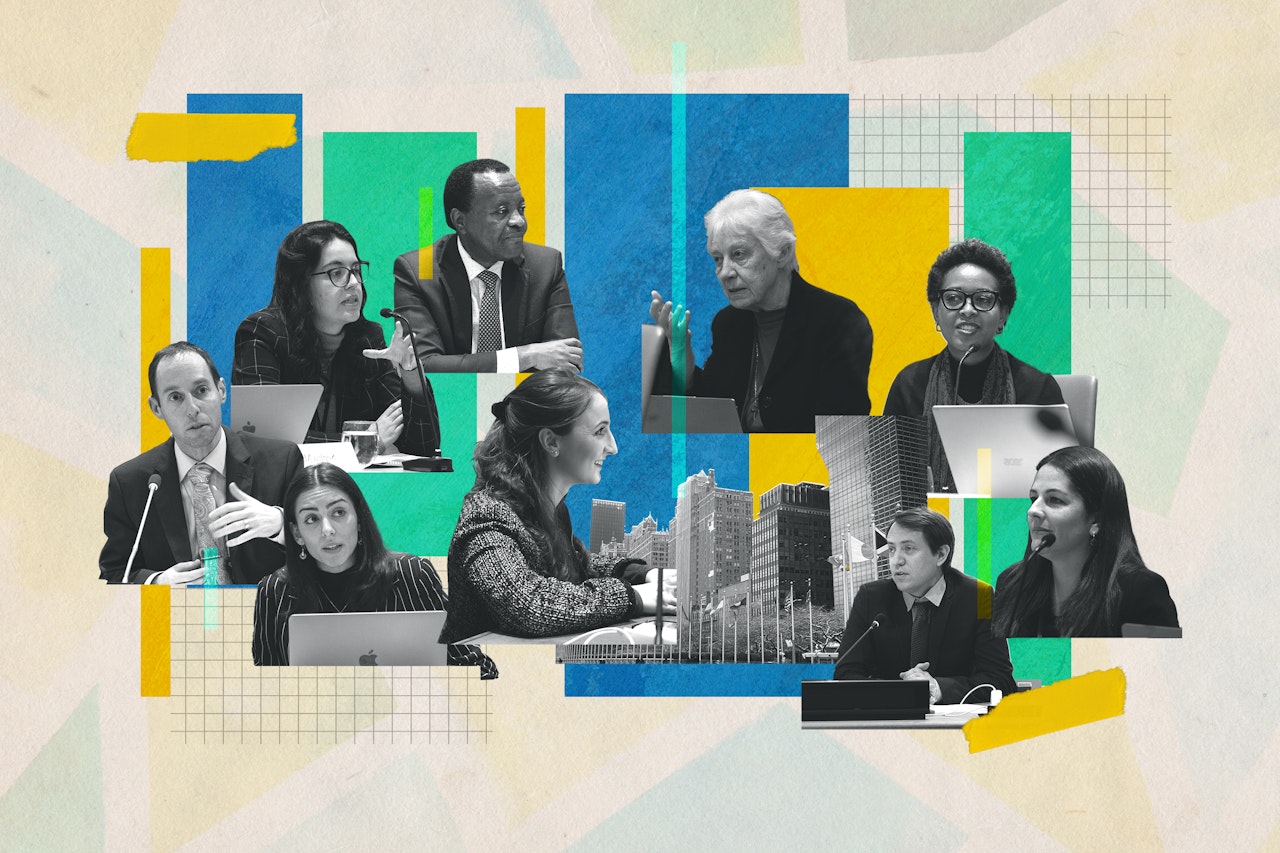Neda Badiee Soto, a BIC delegate from the Canary Islands, described community-building processes based on Bahá’í principles that have engaged thousands of participants across several neighborhoods since 2006. “The community-building efforts in the Canary Islands promote training and consultation where people’s skills and talents are developed and placed at the service of the community,” she explained.
Ms. Badiee Soto drew parallels between family dynamics and societal harmony, noting that communities, like families, require more than material resources to thrive—they need respect, patience, mutual support, and love as spiritual foundations for unity. This understanding has enabled diverse populations in neighborhoods to work together across cultural, generational, and socioeconomic divides, growing from a handful of participants thirteen years ago to a network of over 2,000 people actively engaged in collective action across the Canary Islands.



